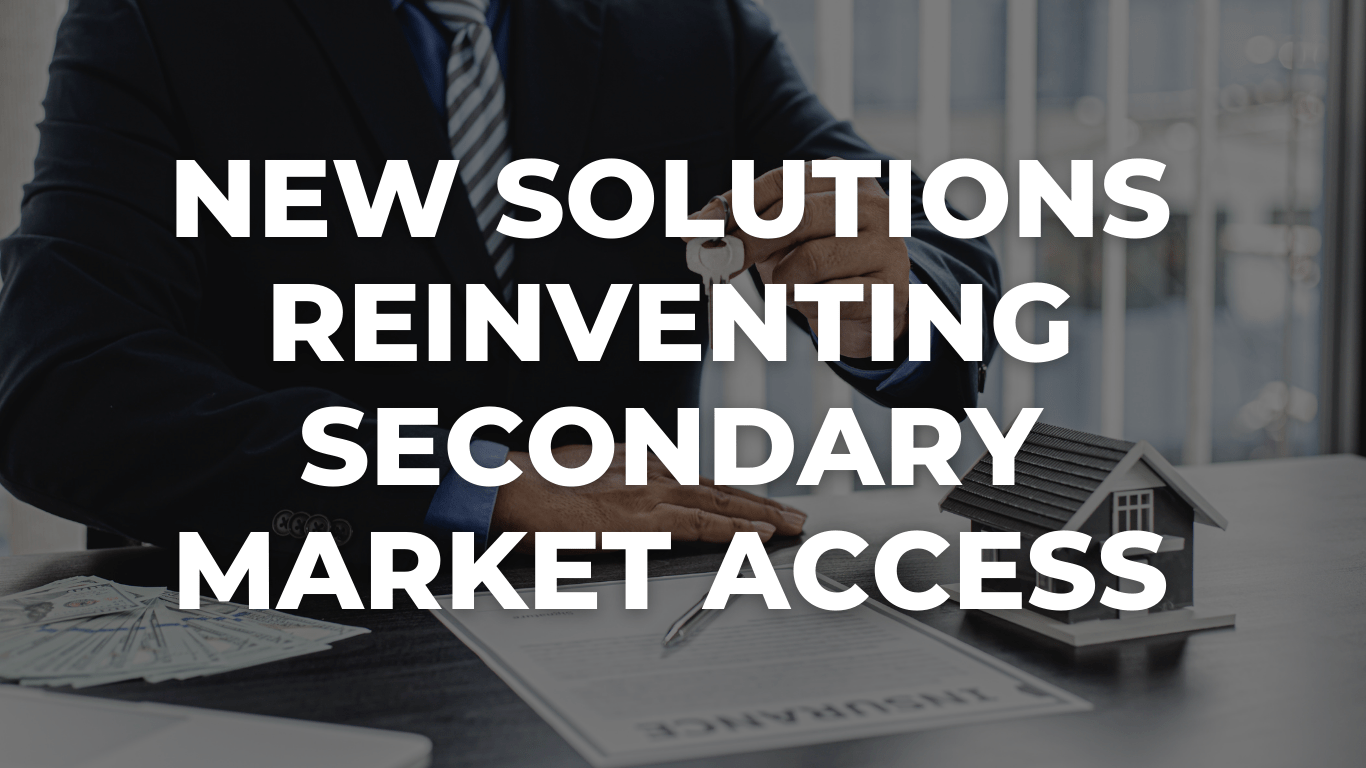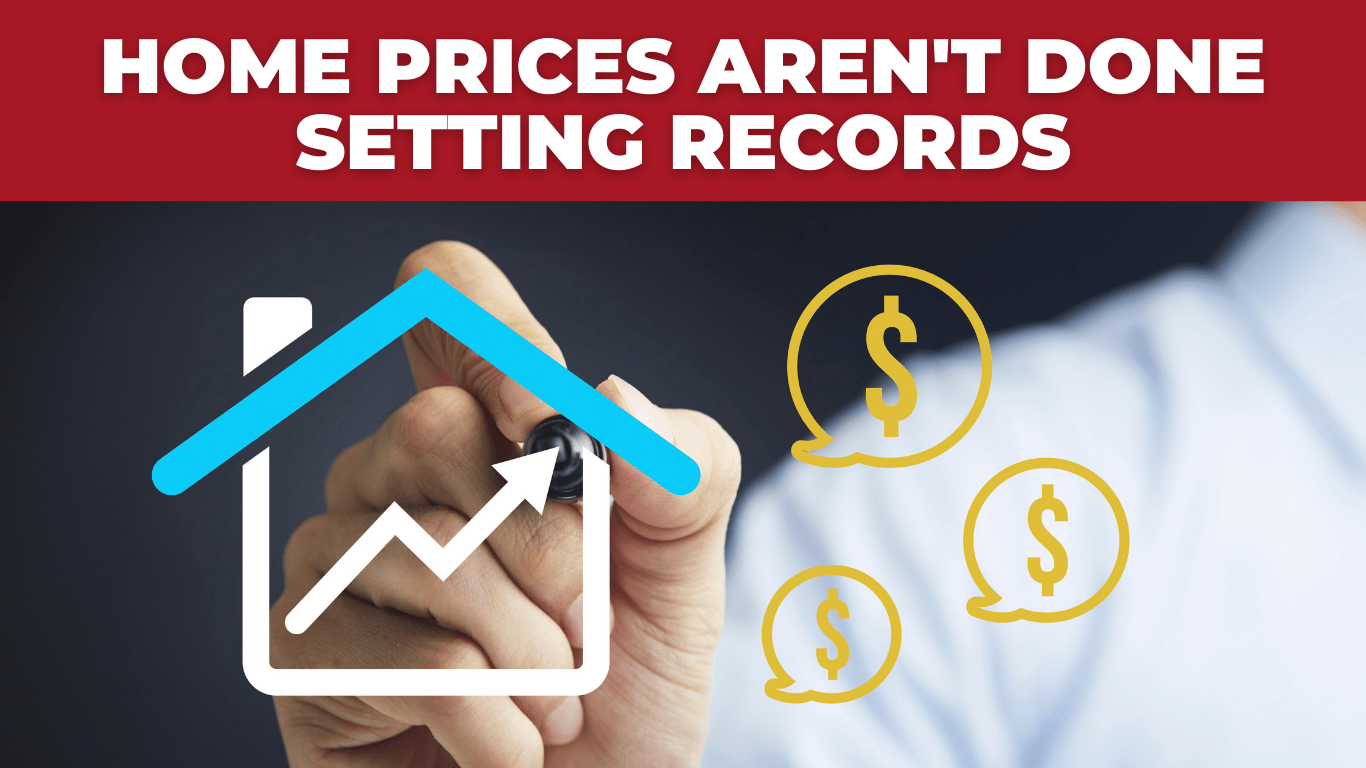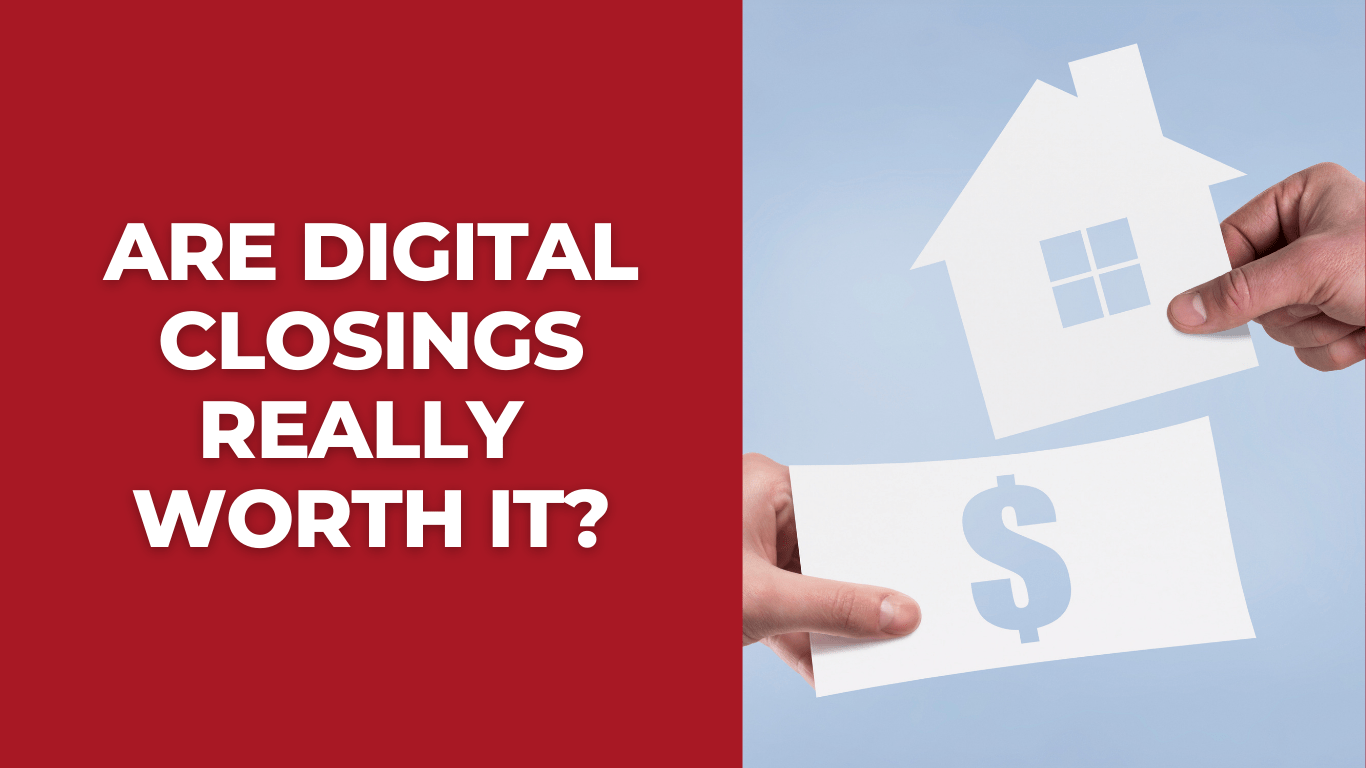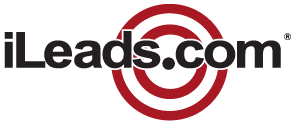
Many lenders are familiar with digital closings (eClosings), but they might not know just how valuable they can be to their business. We hope you enjoyed last week’s edition where we talked about Mortgage Apps Continue Downward Trend. This week we’re bringing you:
How new solutions are reinventing secondary market access for local lenders*

In today’s competitive landscape, the secondary market provides a prime opportunity to pursue better margins, more competitive rates and increased profitability. For America’s local lenders, though, this area also presents challenges. While small and midsize lenders play a vital role in American home-buying, originating almost 50% of loans for the $4 trillion U.S. mortgage market, they often lack the scale and access they need to execute to their full potential in the secondary market.
To complicate matters, technology-forward secondary market solutions tend to cater exclusively to large players offering outsized loan volume on a regular basis. This dynamic leads to a feedback cycle that benefits large, well-funded lenders: With expanded secondary market access, they gain better pricing, margins and profitability—and in turn, they offer the most competitive rates to borrowers, growing their market share. The result is an increasing deficit between local players and the largest lenders.
New solutions in the secondary market
Luckily, new secondary market solutions geared towards local lenders are beginning to arise in the marketplace. These offerings exist specifically to offer small and midsize players the kind of scale, access and execution that the industry’s largest lenders have enjoyed for years. Maxwell Capital, for instance, works as a technology-backed partner to decrease trading time, streamline the process and create a more consistent experience for lenders and their borrowers. By leveraging this solution, smaller lenders gain access to economic scale, competitive rates and an accelerated loan purchase.
Home Prices Aren’t Done Setting Records Yet*

CoreLogic released its Home Price Index for January today, showing year-over-year price appreciation of 19.1% nationally. That’s the highest rate of appreciation since this data series began in 1976. The caveat, of course, is that CoreLogic’s own forecasts call for a deceleration in price gains throughout the year. Nonetheless, the annual pace should remain above 10% for the first seven months of 2022.
The lowest price tier has enjoyed the fastest appreciation since the middle of 2013. This trend accelerated into the middle of 2021, but higher priced homes have been catching up since then.
As always, appreciation varied significantly depending on the state. Arizona, Florida, Utah, Nevada, and Tennessee rounded out the top 5 while Illinois, New York, North Dakota, Alaska, and Washington D.C. saw the slowest growth.
“In December and January, for-sale inventory continued to be the lowest we have seen in a generation,” said Dr. Frank Nothaft, chief economist at CoreLogic. “Buyers have continued to bid prices up for the limited supply on the market. However, the rise in mortgage rates since January further eroded buyer affordability and is expected to slow price gains in coming months.”
This commentary is notable in light of the past 2 days of developments in the mortgage market where rates have fallen at the fastest 48-hour pace since the start of the pandemic. Before March 2020, you’d have to go back to late 2011 to see the average 30yr fixed rate drop any faster. Given that the drop in rates is driven by the Ukraine invasion, there’s no telling how long the momentum will last.
Are digital closings really worth it?*
Lenders don’t have to offer a full digital close to reap the benefits of eClosings

Many lenders are familiar with digital closings (eClosings), but they might not know just how valuable they can be to their business. In a recent study, Marketwise and Notarize found that digital closings shorten the time it takes to close, reduce errors and increase ROI — all while improving customer experience.
Lenders don’t have to offer a full digital close to reap the benefits of eClosings. In fact, every element of an eClosing — from online notarization to eNotes — delivers ROI. For lenders looking to gain an edge in performance and appeal to a wider range of buyers, offering eClosings is a good place to start.
What is an eClosing?
An eClosing is an online or digital mortgage closing. A “full” eClosing is a complete electronic closing of all loan documents, including online notarizations and eNotes. With full eClosings, all parties involved — including lenders, title agents and home buyers — can complete a mortgage closing from anywhere by using technology.
A full eClosing includes the following elements:
●Electronic documents – Documents in the loan package are sent digitally to the borrower for their electronic signature
● Electronic signatures (eSignature) – An accepted online alternative to an “ink” or “wet” paper signature
● Online/remote online notarization – An online session for loan closing participants to validate identity, sign and notarize electronic documents
Finding highly affordable leads to keep sales coming in
At iLeads, we have many great solutions for mortgage LO’s at a low cost. If you’d like to see how we can help you bring in consistent sales for a great price, give us a call at (877) 245-3237!
We’re free and are taking phone-calls from 7AM to 5PM PST, Monday through Friday.
You can also schedule a call here.

